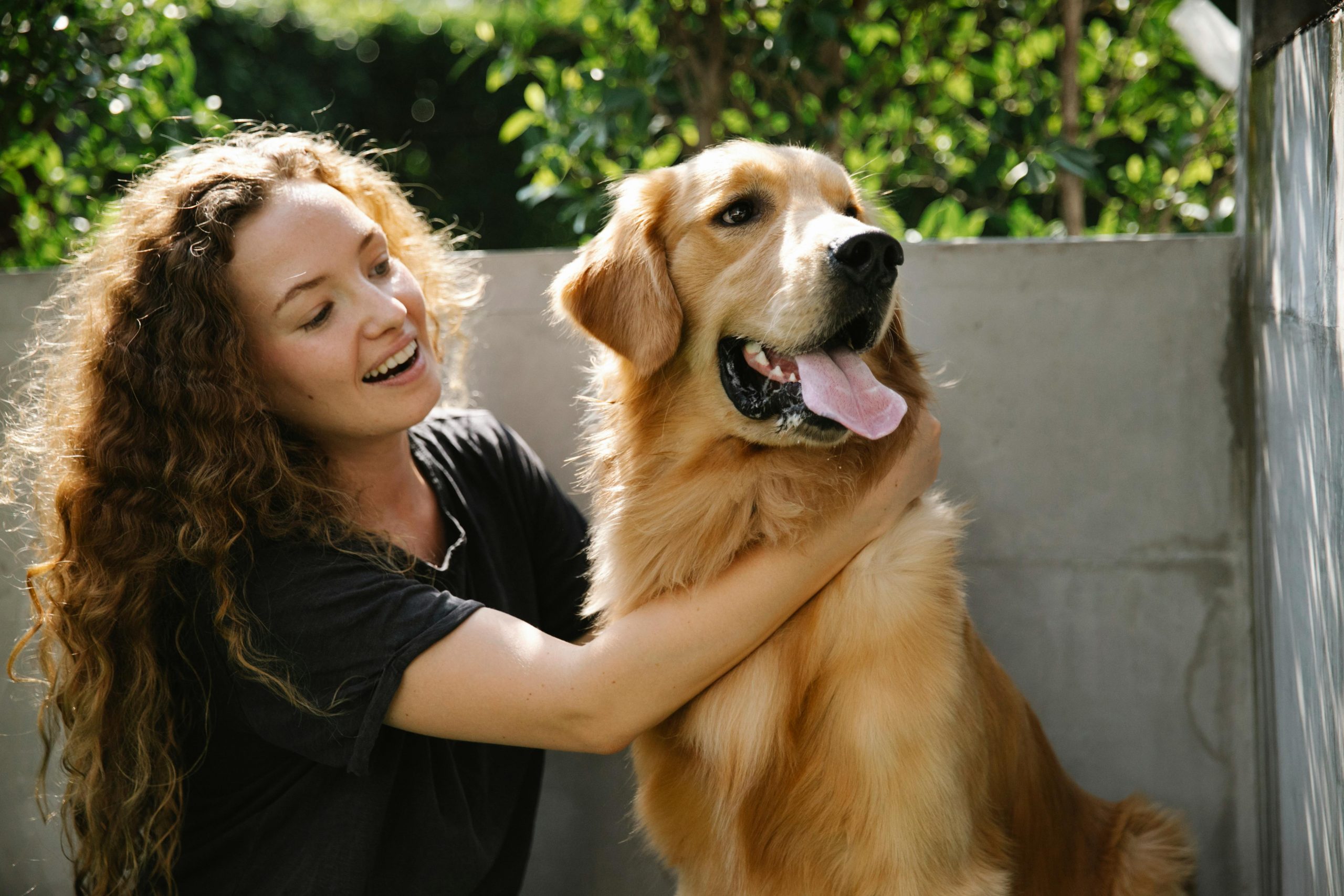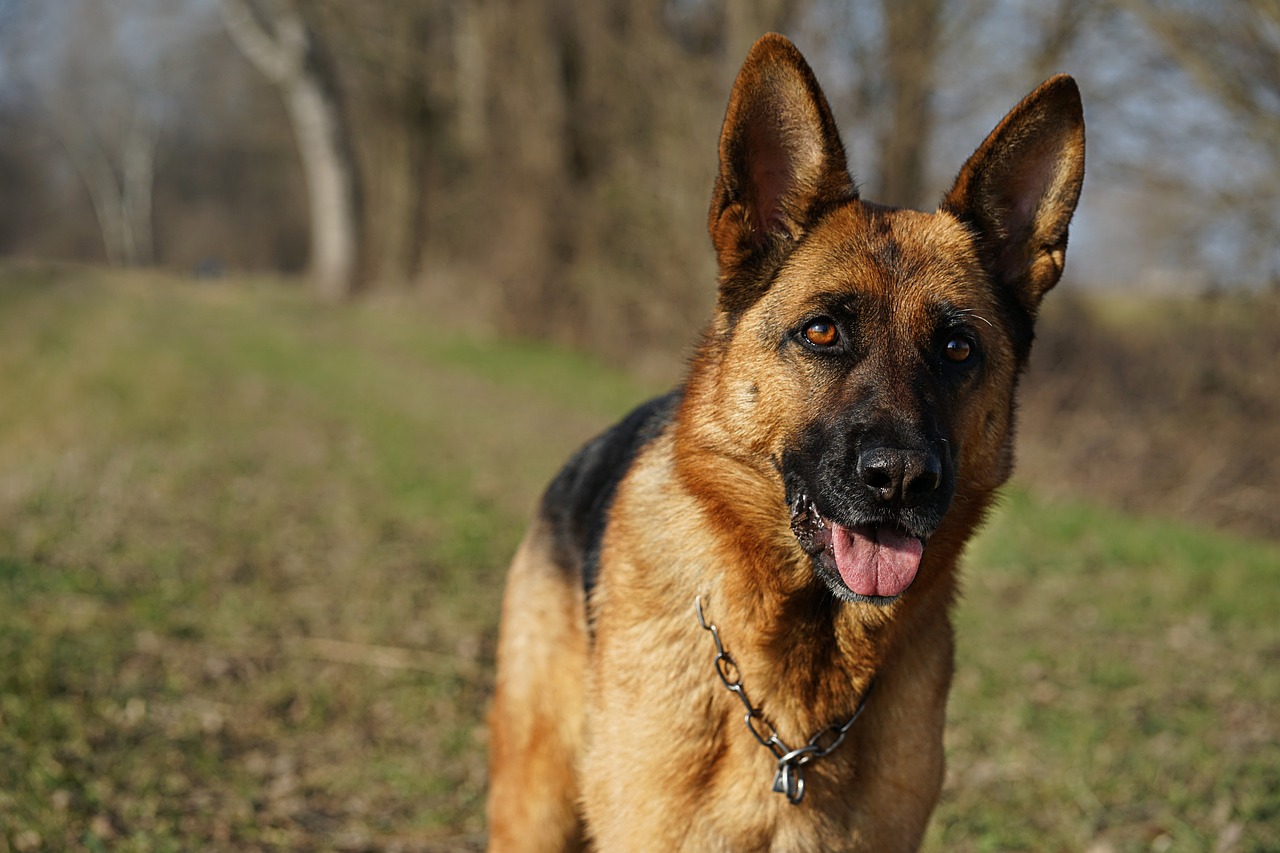The therapeutic impact of dogs on human mental health is both profound and well-documented. Dogs not only provide companionship and unconditional love, but they can also play a crucial role in therapeutic settings, helping individuals manage mental health disorders such as depression, anxiety, and PTSD. Certain dog breeds excel in these roles due to their temperament, intelligence, and empathetic nature. These breeds are particularly adept at sensing emotional changes and providing comfort. They are often used in various therapy settings, including hospitals, schools, and nursing homes, where they help reduce stress and anxiety, improve mood, and even decrease perceptions of pain. Here are eight dog breeds that are considered especially effective for therapy and mental health support.
1. Labrador Retriever
Labrador Retrievers are one of the most popular breeds for therapy work due to their gentle demeanor, intelligence, and trainability. Labs are known for their loyalty and friendliness, making them excellent companions for individuals dealing with depression or loneliness. Their intuitive nature allows them to detect and respond to their owner’s emotional states, providing comfort during difficult times. Labs are also used in various professional therapy settings, helping patients by reducing anxiety and facilitating social interactions.

2. Golden Retriever
Golden Retrievers are similar to Labs in many ways, known for their friendly, tolerant attitudes. They are highly trainable and possess a natural calmness, which makes them excellent therapy dogs for individuals with anxiety disorders. Goldens have an innate ability to provide support and make people feel at ease, often just by being present. Their warm and approachable demeanor makes them particularly good at working with children and the elderly.

3. Cavalier King Charles Spaniel
The Cavalier King Charles Spaniel is a small breed known for its affectionate nature and ability to bond deeply with caregivers. Their small size makes them ideal for environments where a larger dog might be cumbersome, such as hospitals or nursing homes. Cavaliers are gentle and patient, providing emotional support through their presence and the comfort of physical touch, which can be soothing for individuals dealing with stress or emotional distress.

4. Poodle
Poodles of all sizes are highly intelligent and easily trained, which is crucial for therapy work. They are known for their empathetic nature and ability to adapt to the emotional needs of their handlers. Poodles are also hypoallergenic, which makes them suitable for therapeutic settings where allergies might be a concern. Their intuitive nature allows them to connect with individuals at a deep emotional level, providing comfort and relief from mental distress.

5. Boxer
Boxers are known for their energy and playful nature, which can be very uplifting for people with mental health challenges. They are protective yet gentle, making them great companions for those who may feel vulnerable or insecure. Boxers are particularly good at providing emotional support to veterans with PTSD or children with developmental disorders, offering not just companionship but also a sense of safety and security.

6. Border Collie
Border Collies are incredibly intelligent and responsive, making them excellent therapy dogs, especially in settings that require interaction and engagement. They are quick learners and can perform a variety of tasks that may be helpful for individuals with disabilities. Additionally, their high energy levels make them great at encouraging physical activity, which can be beneficial for those dealing with depression.

7. Cocker Spaniel
Cocker Spaniels are known for their sweet, gentle natures, and they thrive on human companionship. They are particularly effective in therapeutic environments due to their ability to provide comfort and affection. Their friendly and outgoing nature makes them excellent at interacting with a variety of people, which can significantly improve the mood and emotional well-being of those they assist.

8. German Shepherd
German Shepherds are not only used for their skills in law enforcement but also excel as therapy dogs due to their intelligence, loyalty, and calm demeanor. They are particularly effective in assisting individuals with disabilities and providing support for mobility and independence. German Shepherds can also be trained to perform specific tasks to assist those with mental health disorders, contributing to a greater sense of freedom and improved quality of life.

In conclusion, these dog breeds excel in therapy and mental health support roles due to their unique characteristics and abilities. Whether through affectionate companionship, the encouragement of physical activity, or sensory stress relief, these dogs have a significant impact on improving human mental health. By providing unconditional love and support, they help individuals navigate their mental health challenges more effectively.
 Toledo, United States.
Toledo, United States.
